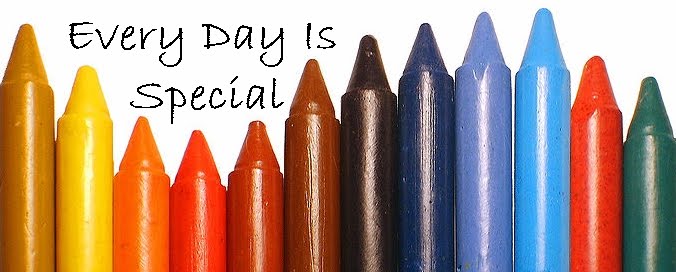Posted on September 30, 2021
This is an update of my post published on September 30, 2010:
Born on this day in 1861 in Philadelphia, Pennsylvania, William Wrigley became associated with two things: chewing gum and Catalina Island.
Wrigley started a company when he was only 30 years old—and at first his company only produced soap, baking powder, and similar practical products. Wrigley decided to package chewing gum with each can of baking powder as a gimmick to get people to want to buy his baking powder rather than some other brand. The gum quickly became more popular than the baking powder, so Wrigley began to produce and sell chewing gum.
Today Wrigley's sells gum to more than 180 countries and has 14 factories scattered all over the world. In 2004 the company purchased the Life Savers and Altoids businesses, and in 2008 Mars, Inc. (maker of Mars bars and much more) bought Wrigley's.
William Wrigley loved Catalina Island, which is off the coast of Southern California. He bought a lot of the island's land and began extensive building projects. He put in public utilities, a hotel, a casino, a line of steamships, and a pottery business that could employ local people. The pottery business used clay and minerals found on the island to produce tiles that Wrigley used in his building projects and also dinnerware and art pieces that could be sold to tourists.
Wrigley planned his projects to preserve much of the island's life and charm so all could enjoy it, and his son followed his footsteps and officially created the Catalina Island Conservancy.
- Chewing gum of one kind or another has been around since the Neolithic Age (late Stone Age). Chewing gum more than five thousand years old has been found!

If you can believe it, this ancient 5,700-year-old
birch pitch chewing gum had enough DNA
trapped inside to show us what the chewer
looked like and what she ate!
- Chicle, which is a naturally-occurring latex (rubber) material, is what makes some gum chewy, but nowadays most gum is based on artificial rubber materials.
- One of the worst problems with gum is when it isn't thrown away properly. Schools, theme parks, other public places, and even entire countries have banned chewing gum in order to get rid of the sticky-mess problem of gum that has been improperly disposed of. Don't be one of those people who ruins it for the rest of us!!!
 |
Yick! |
- In Singapore chewing gum was illegal from 1992 to 2004, but now gum is allowed for medicinal purposes. It was the Wrigley company that engineered the partial lifting of the ban.
- One of the ways that Wrigley promoted Catalina was offering prizes to the first man and woman who could swim from the island to the mainland. More than a hundred men and women tried, but only one man completed the swim—and therefore won $25,000. (It took the swimmer more than 15 hours to swim the channel.) No woman completed the swim and claimed the $15,000 prize, but the two women who came the closest to finishing won awards of $2,500 each.
- The Catalina Casino is a circular-shaped Art Deco dance hall that is the equivalent of 12 stories tall. The ballroom floor is on the top floor, and the bottom floor is a theater. The Casino is almost surrounded by ocean.
Also on this date:

Plan ahead:
Check out my Pinterest boards for:And here are my Pinterest boards for:





















































